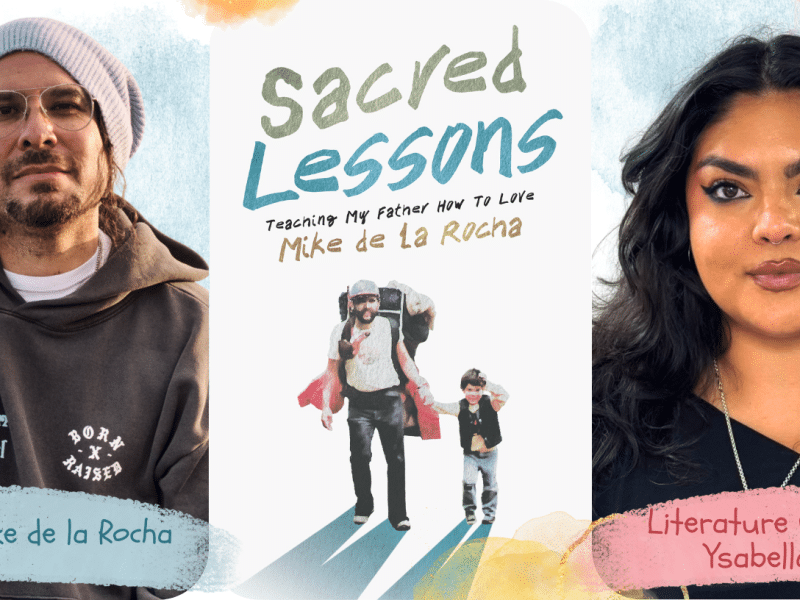RBD, Nostalgia, and the Power of the Latina Market
After becoming an international phenomenon, RBD announced their separation on August 15, 2009. Fifteen years later, they’re back again with the Soy Rebelde World Tour.

After being an international phenomenon from 2004 through 2009, RBD announced their separation on August 15, 2009, with a final concert held in Madrid, Spain, to a sold-out crowd of 80,000 people. Fifteen years later, they’re back again with the Soy Rebelde World Tour.
The band’s highly awaited tour dates across 26 cities in North, Central, and South America beginning in August were revealed yesterday. Tickets for all dates will go on sale simultaneously on January 27 at 10 AM in the U.S. and Brazil and at 2 PM in Mexico.
The group was formed by Televisa, one of the largest media companies in the Spanish-speaking world, as part of the telenovela “Rebelde.” The band initially consisted of six members: Anahí, Dulce María, Alfonso Herrera, Christopher von Uckermann, Maite Perroni, and Christian Chávez. The band gained international fame after the telenovela was exported to various countries in Latin America, as well as to Spain, the United States, and other parts of the world.
RBD released six studio albums, five live albums, twenty-four singles, and thirty-four music videos throughout their career. They had many successful songs, such as “Solo Quédate en Silencio,” “Nuestro Amor,” “Tenerte y Quererte,” “Este Corazón,” and “Ser o Parecer,” embarked on several world tours and won multiple awards, including several Latin Grammy nominations.
On December 19, 2022, they teased their upcoming reunion by posting a nostalgic video on their official IG account showing five of the six members, with iconic character Mia Colucci (played by Anahí) stating, “I dream about turning back time, and that someday everything will be as it was before.”
Not surprising at all, considering millennials (people born between 1981 and 1996, though this range varies quite often) are deemed the most influential and powerful consumer group. They have surpassed the Baby Boomers (born between 1946 and 1964) as the largest generation in the U.S. labor force. In 2022, their annual purchasing power was estimated to be around $2.5 trillion. Companies are even paying close attention to how to market to Latine millennials, tapping into their strong cultural identity.
The (spending) power of Latinas
So…we have millennials and nostalgia; what if we add Latinas to the mix?
Due to our growing spending power, Latina women are quickly overtaking other consumer demographics as the majority of consumers, making us an increasingly powerful market in the United States and many other countries. According to the U.S. Census Bureau, the Latinx population in the United States is projected to reach 111 million by 2060, making it the largest minority group in the country.
According to some research, Latinas tend to be our households’ primary decision-makers and consumers, are more brand loyal than other groups and are more likely to recommend products to their friends and family. We also have a strong sense of cultural identity and pride and tend to prefer products and brands that reflect our culture and heritage.
Furthermore, Latina women are increasingly starting their own businesses. They are becoming an increasingly important segment of the U.S. entrepreneur population, creating countless new jobs.
Power. Houses.




